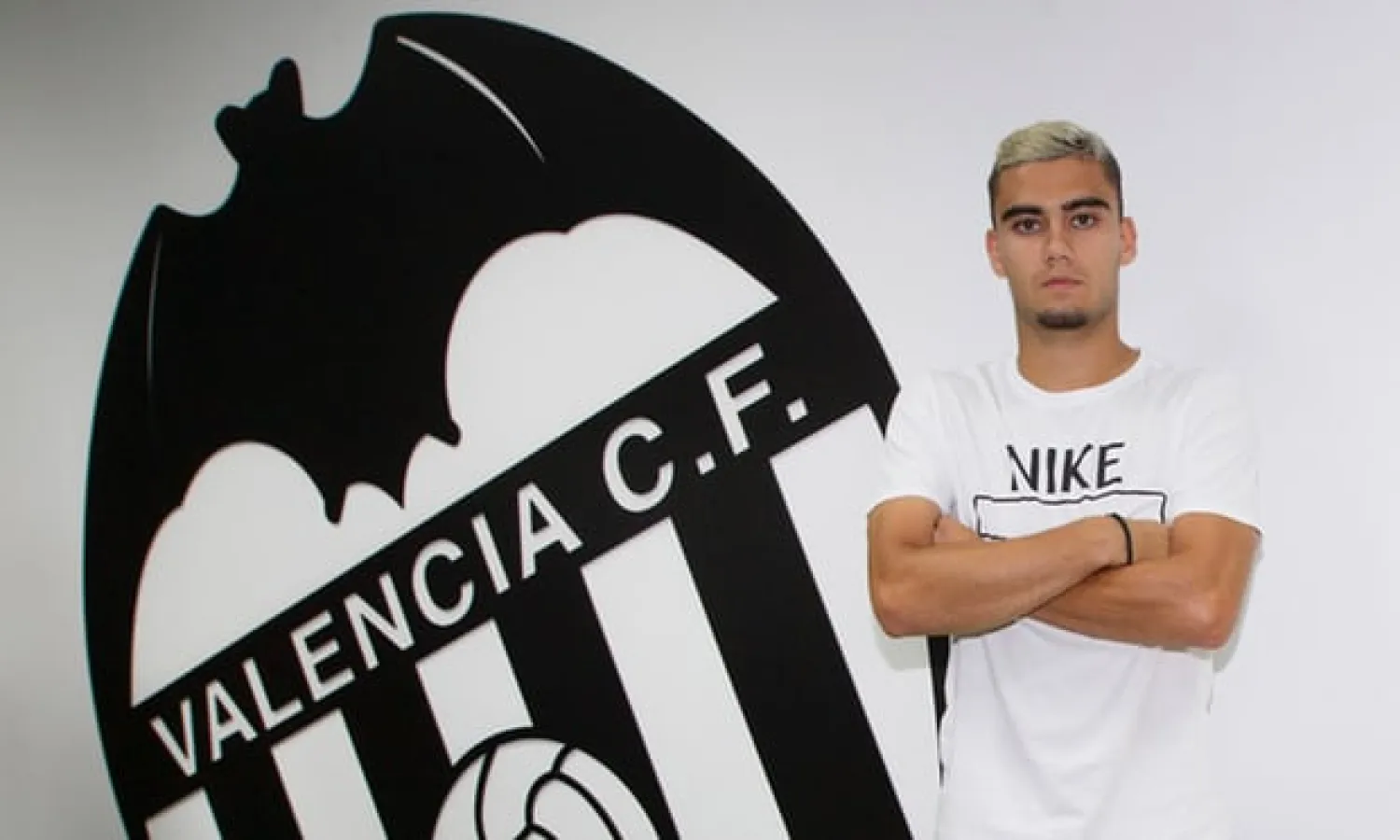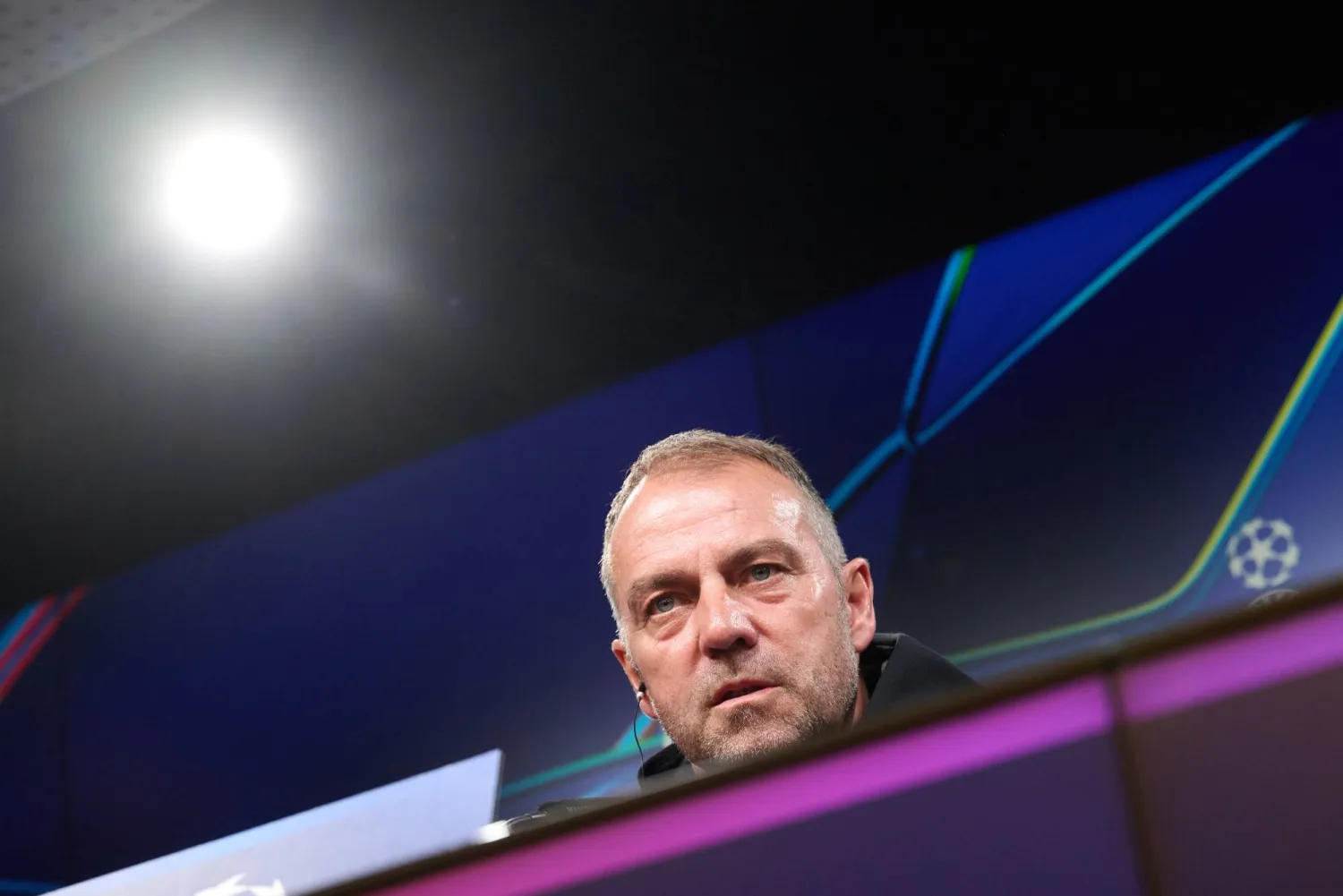“Bom dia.” It was only two words and it was not exactly poetry, but it was enough. Andreas Pereira was being shown around Carrington by Manchester United’s chief recruitment officer, Geoff Watson, with his dad when Sir Alex Ferguson appeared, which was probably always part of the plan, just as greeting him in Portuguese probably was too. A forward for PSV Eindhoven, the Brazilian had arrived as the outstanding player at the Nike Cup, a kind of youth world championship, but the people he passed had no idea who he was and he was not sure what he wanted to do next. Until, he says, the person he passed was the manager. And then his mind was made up.
“Suddenly we met Ferguson,” Pereira recalls. “He said ‘hi’ in Portuguese and that was very special to me. I didn’t expect that. I thought: ‘How does he know that?’ It was only a little detail but it made me want to go to United straight away. I wanted to sign immediately and stay there. So, I did stay. And from then I never wanted to go anywhere else.” It was 2011 and Pereira was 15; he is 22 now, and it has not quite worked out like that. Not just yet, anyway. But if he has gone somewhere else, it was because he wanted to – in fact, this summer he had to fight for his loan move to Valencia, arguing his corner in negotiations with José Mourinho – precisely because he believes it is the best way back.
Outstanding at youth and under-21 level, Pereira has played 13 senior games for United. His first was a League Cup defeat against MK Dons in August 2014. He forfeited matches this season for the future, pushing to go on loan. He sought minutes, development, and the decision was not taken lightly. Pereira is intelligent and articulate and the thought that went into it is clear, as is the personality it took.
If the reward is experience, he has had plenty. Last season he suffered relegation on loan at Granada, under Tony Adams, playing the role of footballer and translator too, proficient in English, Spanish, Portuguese, French and Flemish; on Thursday his Valencia team, revived under Marcelino García Toral and third in the league above Real Madrid, face Barcelona in the first leg of the Copa del Rey semi-final at the Camp Nou.
In the hours before the game Mourinho may message him; soon after it his dad will call. He always does. A former footballer, Marcos Pereira played in Belgium for eight different clubs, ending at Lommel United, where Andreas began, and retired a year before his son joined Manchester United.
“He showed me videos, how I had to play. When I was at PSV, I’d get home from training and we’d train there. I’d practise free-kicks and corners. After games he’d say: ‘You have to do this, you have to do that.’ Sometimes I was, like: ‘Ah, just shut up, I don’t want to speak about football.’ But I always listened and he would tell me: ‘No, it’s for your own good.’” The coaching continues now. “He watches the game on telly at home in England and calls: ‘Why did you do that?’
“My dad always tells me what to do and what not to do on the pitch. He always gives me advice. But coming to Spain again was my decision. I wanted to go somewhere and play a regular season and play every game because I think it was important for me. Last year I did it and I felt stronger for it. I felt good. The United staff recognised it and they saw that I came back a better player. And that’s why I made the same decision this year.
“[At first] I was thinking that I want to stay. But as the pre-season went on I had the feeling: ‘I don’t think I’m going to play enough, I’m not going to get a lot of minutes.’ I have to play, I have to continue developing. I knew I would get some game time at United but here I’m playing every week and being important for the team. It was a very difficult decision. I never want to leave United but I want to play as well. In the end it will make me a better player and I will still be a United player.”
Mourinho, though, had other ideas; he had mapped out a different path and going against his wishes, pushing for an exit, was risky. “That’s why it is difficult,” Pereira admits. “He told me I had to stay but I wanted to play and get more minutes. He wanted me to stay there and it was important [to him], but I needed to do this. This was important for me and my career. And I’m sure if it works out, next year I will be back there and it will be better for both of us. In the end I think he is happy because he is a very honest coach. I was talking to him right up to the very last minute when I came here.”
Although not a regular starter, Pereira has played 22 games, having played 37 times last season, and the level is high. Not that he sees a season of struggle as a waste. “For some players it can be difficult at a smaller club and they suffer; they don’t want to be at a club that’s going to get relegated, so they think: ‘Why am I here? What am I doing?’ But it was good for me to go to Granada. I felt the difference after a full season there and I wanted that again, just at a better team.
“I had that chance because Valencia wanted me; it’s a big club and we can do well, as we’re showing. It’s not like last season when we lost 10 games in a row. You can lose but you know you’ll bounce back and to get this club back into the Champions League alone would be a fantastic achievement, especially if you see last season how it was here. It will be very special. For sure, [Mourinho] is happy because Marcelino is a very, very good coach as well and we are doing great.” A very good coach and notoriously strict on nutrition. Pereira laughs. “We don’t eat a lot,” he says. “It’s a bit stressful but you see the positive results on the pitch: we run so much and we never get tired. It’s good. I feel leaner, fitter here this year.
“I can play high-level football and have a good year, all year, and then I am ready to be a starter for United. Instead of being on the bench, playing some cup games, where in the end I know my head will get frustrated and then everything will go around and go against me. So that’s why I took this decision. I’m sure Mourinho is happy because he knows at the end of the season I will go back to United.”
The Guardian Sport









